Pregnancy help workers from 20 nations attended an international meet-and-greet event during the 54th Heartbeat International Annual Conference in Birmingham, Ala. Each one gave a two-minute glimpse into their unique experiences in pregnancy help.
“Guys, we are part of a global network,” said Danielle Gradwell, who leads Pregnancy Help Network, an umbrella organization serving life-affirming organizations in South Africa and Zimbabwe.
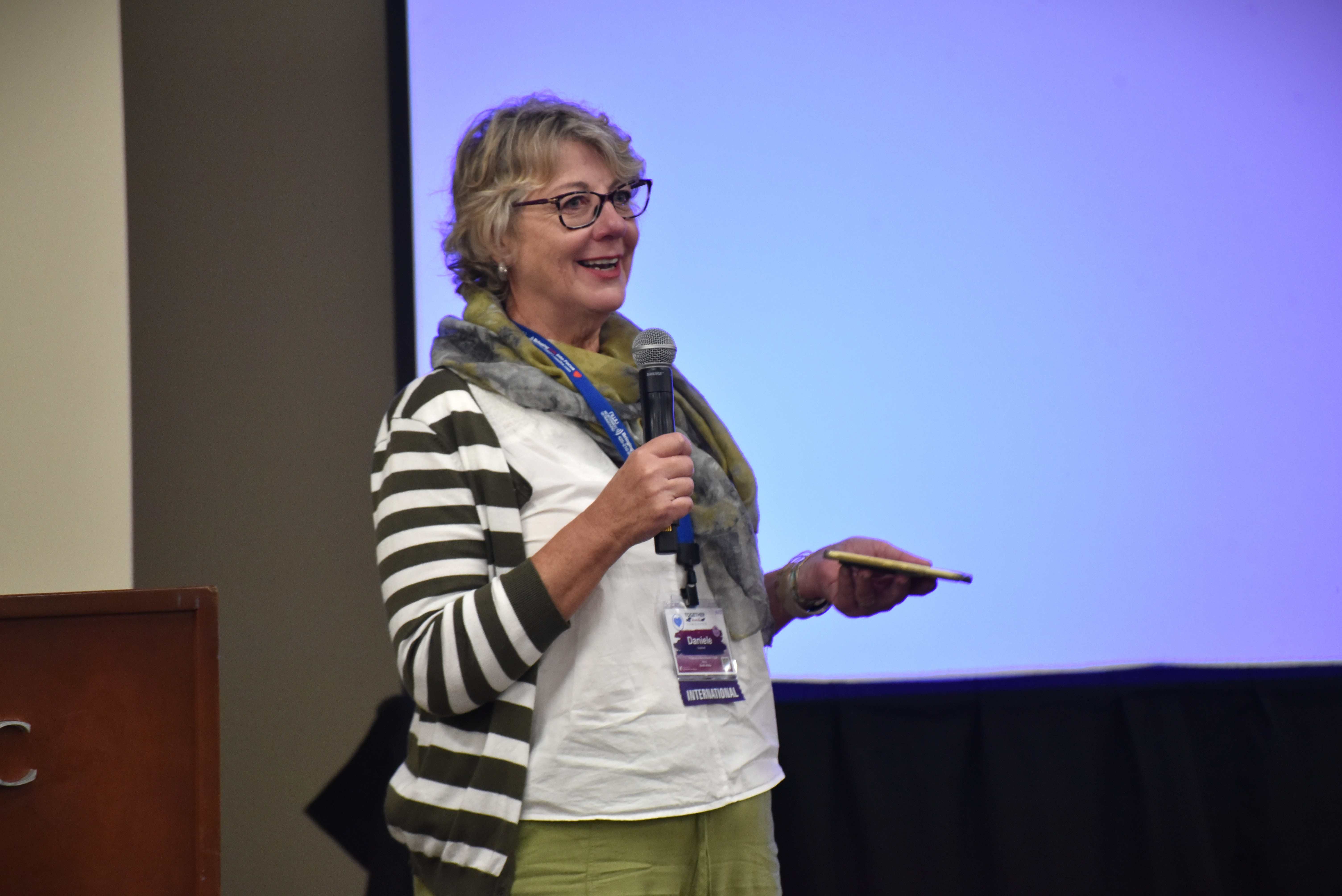
Gradwell had just met a woman from Missouri whose center once served a South African couple visiting the U.S.
“They performed an ultrasound and then were able with the aid of Heartbeat’s [Worldwide] Directory [of Pregnancy Help] to refer that couple to a center in South Africa who took over the ongoing care.”
Heartbeat is the largest network of pregnancy help organization in the U.S. and globally. Its Annual Pregnancy Help Conference provides an opportunity for international affiliates to come together for networking and fellowship. There were 38 international attendees at the 2025 Conference from the more than 100 countries worldwide where Heartbeat has affiliates.
[Click here to subscribe to Pregnancy Help News!]
Other international speakers at the meet-and-greet mentioned receiving assistance, inspiration, and equipment from people beyond their own borders.
Ultrasound machines making global impact
Several individuals mentioned their gratitude for assistance in procuring and distributing ultrasound machines that are now enabling them to serve more women.
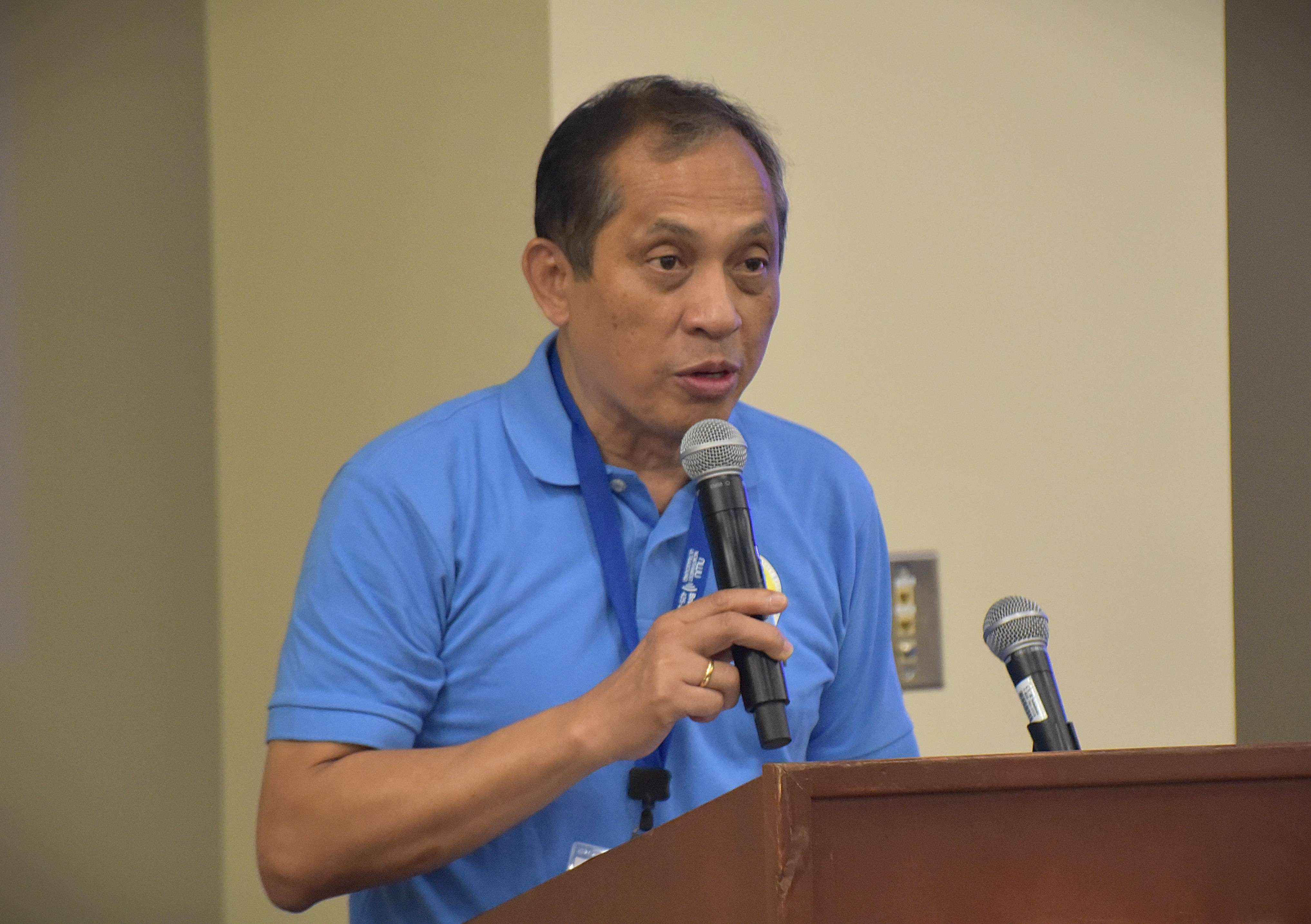
Demetrio Chavez, president of Pregnancy Support Services of Asia in the Philippines, said that after receiving a grant of four ultrasound machines during a 2024 visit to the U.S. for the Heartbeat Conference, "We have already conducted [scans for] more than 150 pregnant women in poor areas of our country who were abortion minded.”
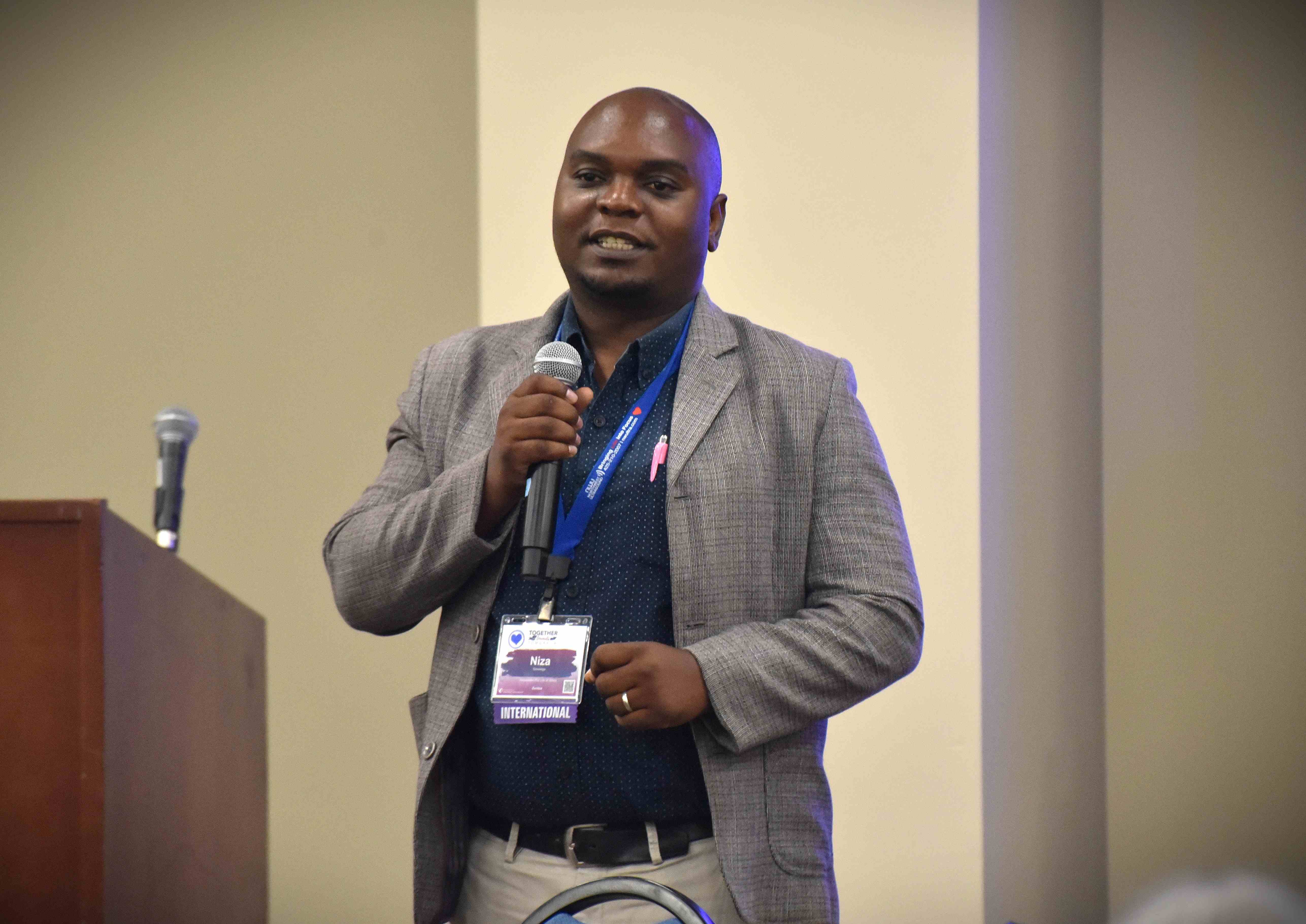
Similarly, Niza Simwinga of Silent Voices in Zambia, said that for his network, Association for Life of Africa, ultrasound is changing the common perception that early pregnancy is “just a spot of blood.”
He expressed gratitude for the network's assistance in distributing ultrasound to different parts of the continent, and went on to describe one couple’s reaction.
“The moment they saw the baby on the ultrasound, the man was affected, too, and he said, ‘Is that my baby?’” Simwinga said. “That changed the whole situation.”
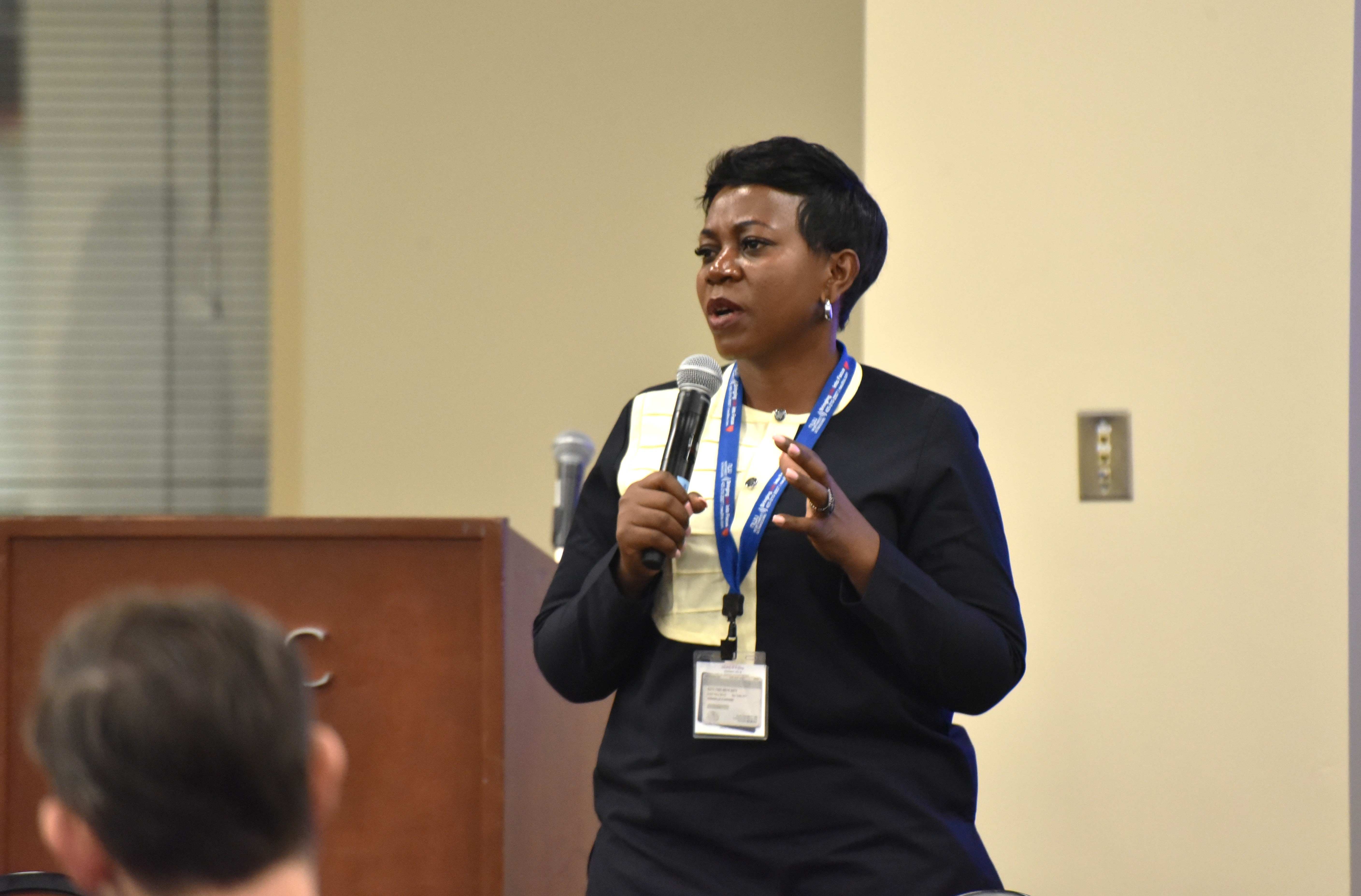
Anabelle Nakabiri Ssebakijje, of The Remnant Generation based in Uganda, also said it was an amazing opportunity to partner with the pregnancy help network in Africa to be able to reach thousands of young girls every year with free ultrasound. Her organization rescues victims of child sexual abuse and equips them to “achieve their dreams and live in a culture that is thriving.”
Balkan nations seeing pro-life growth
For some regions of the world, pregnancy help ministry is still so young they lack the necessary vocabulary to describe it. Such is the case in some former Yugoslavian nations.
Ellen Foell, International Program specialist with Heartbeat International, recalled a recent time when she and Svetlana Jovanova, Macedonian leader of the Balkan Network, asked Kimete Klenja of St. Joseph's Pro-Life Center in Albania to do some translating during a meeting in the Balkans for those interested in pro-life work.
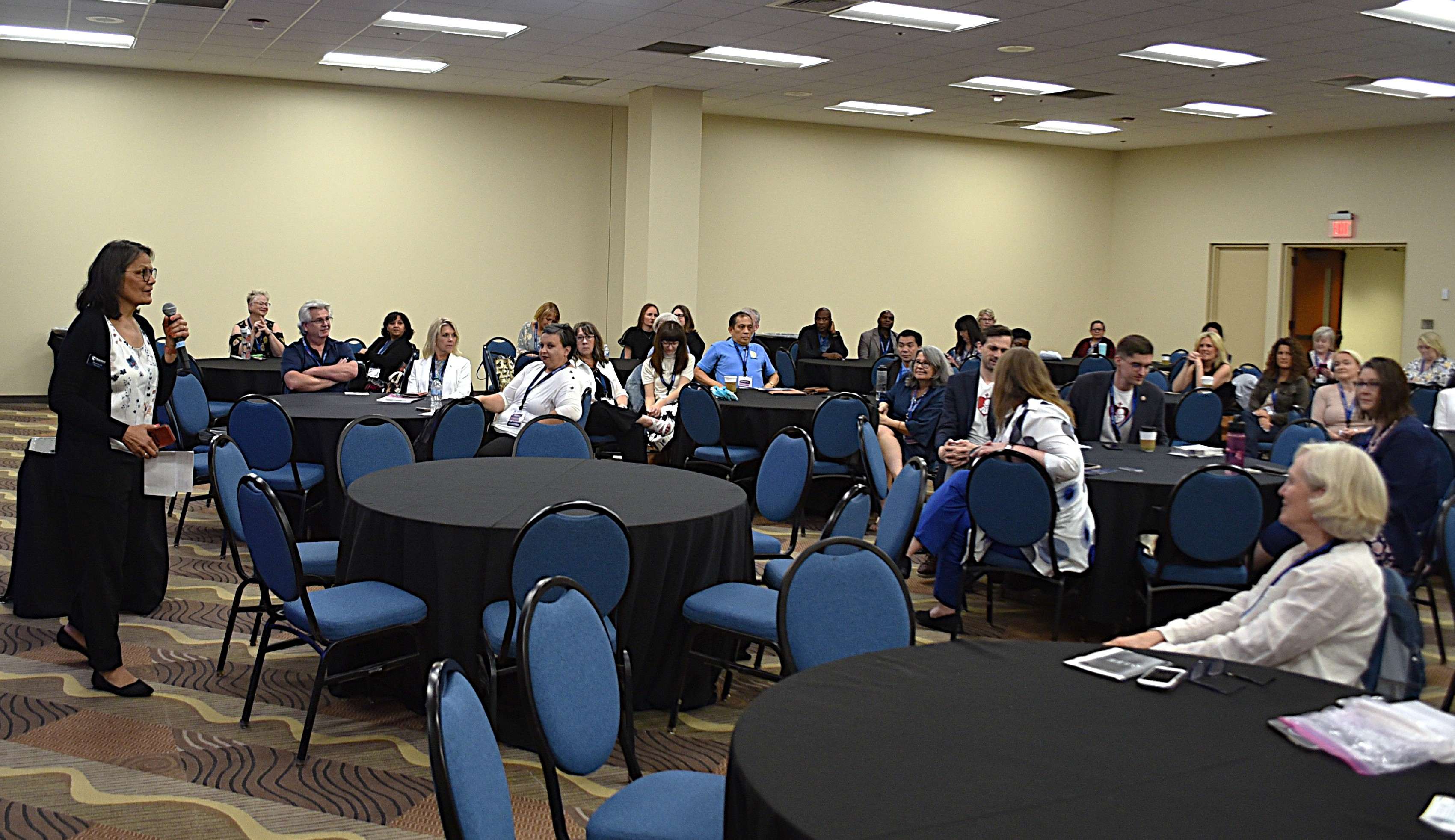
“Kimete said that there were some words in the pro-life vocabulary for which there is no word,” Foell said. “She had to make up the words. That's how new the movement is. So, this is part of what they deal with.”
Puzzling pro-life words launched the ministry of Vasile Eugen Paul-Faina of Fundația Estera in Timisoara, Romania, back in 1990. While translating resources for World Vision, he said, he wrestled with the concepts of “sense of worth” and “crisis pregnancy center” and “every child is a wanted child.”
Soon, he and his wife worked to create a local pregnancy center despite being told by the judge, “As long as I’m in power you'll never register a crisis pregnancy center in Timisoara.”
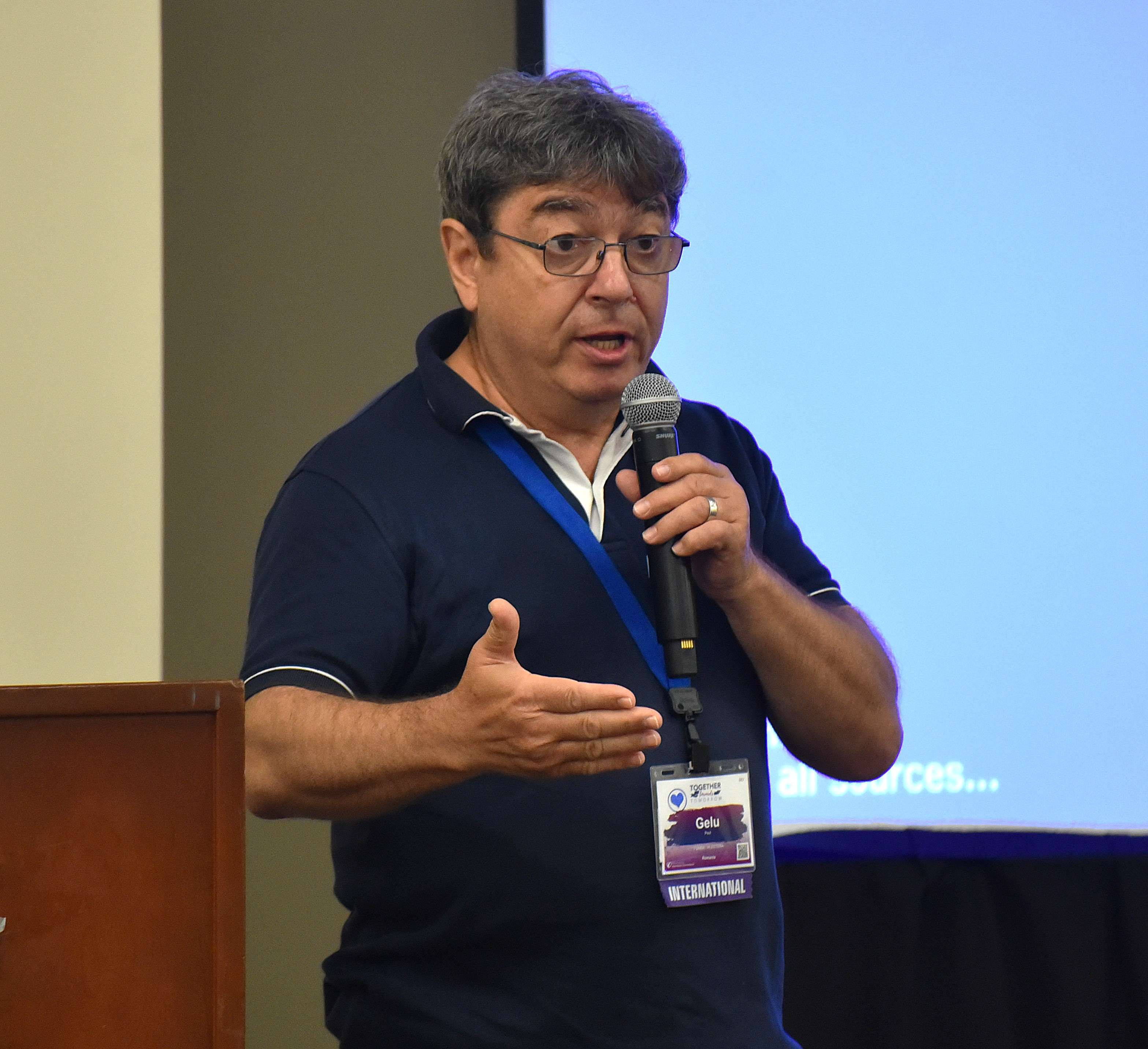
So, Paul-Faina registered it in a different city.
“I brought it back to Timisoara in a year and a half,” he said.
Since 2000, his team of three has seen more than 22,000 babies born through their counseling and educational efforts.
“What's characteristic in our mission and ministry is reaching kids in high schools…training and teaching kids about the value of life, trying to develop a culture of life,” Paul-Faina said.
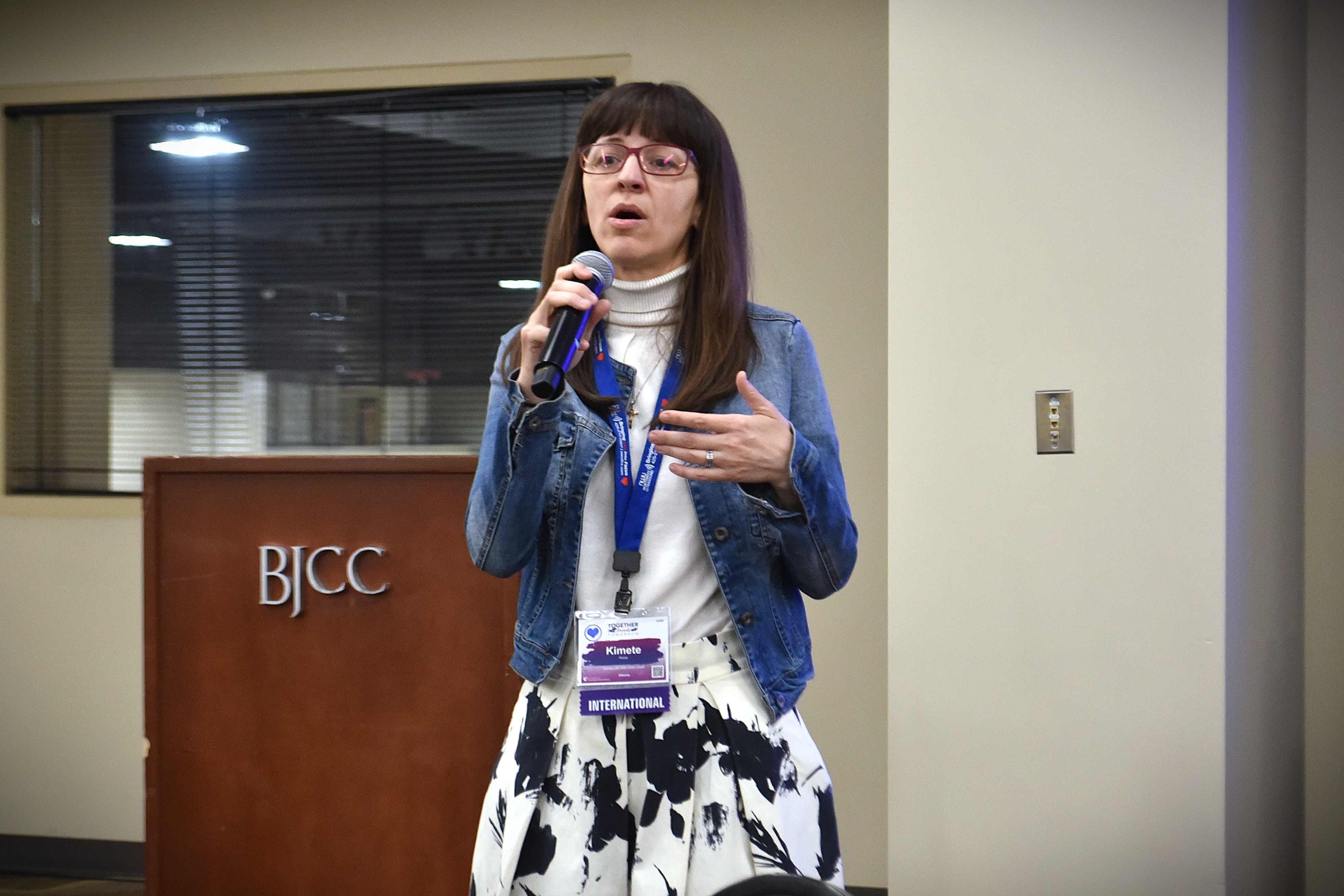
In Albania, Kimete Klenja takes a similar educational approach.
“Everything has entered the schools,” she said. “So, we need to be there as well.”
Next, she hopes to create an Albanian version of Option Line, the 24/7 bi-lingual help center operated by Heartbeat International.
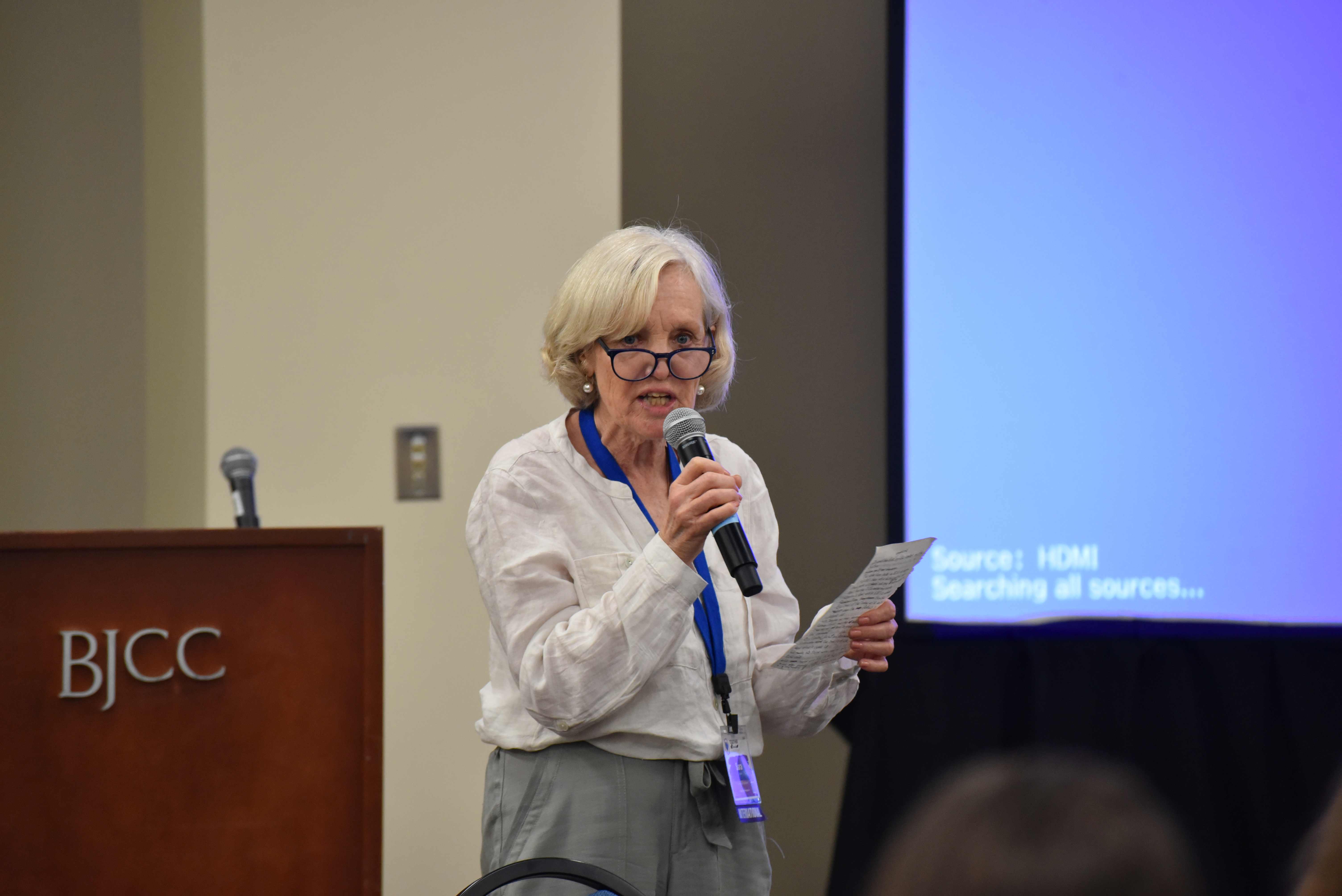
In Bosnia and Herzegovina, Sara Jurjevich’s Lighthouse Center for Life in the predominantly Muslim capital of Sarajevo is one of only two pregnancy centers in the entire country. Jurjevich said women there refer to abortion as “cleansing” their bodies.
Further, “Within Islam, they say the soul does not enter the baby, the fetus, until it is 4 months old, so abortion is okay,” she said. “So, we focus on education, information about sanctity of life, and also we have birth classes.”
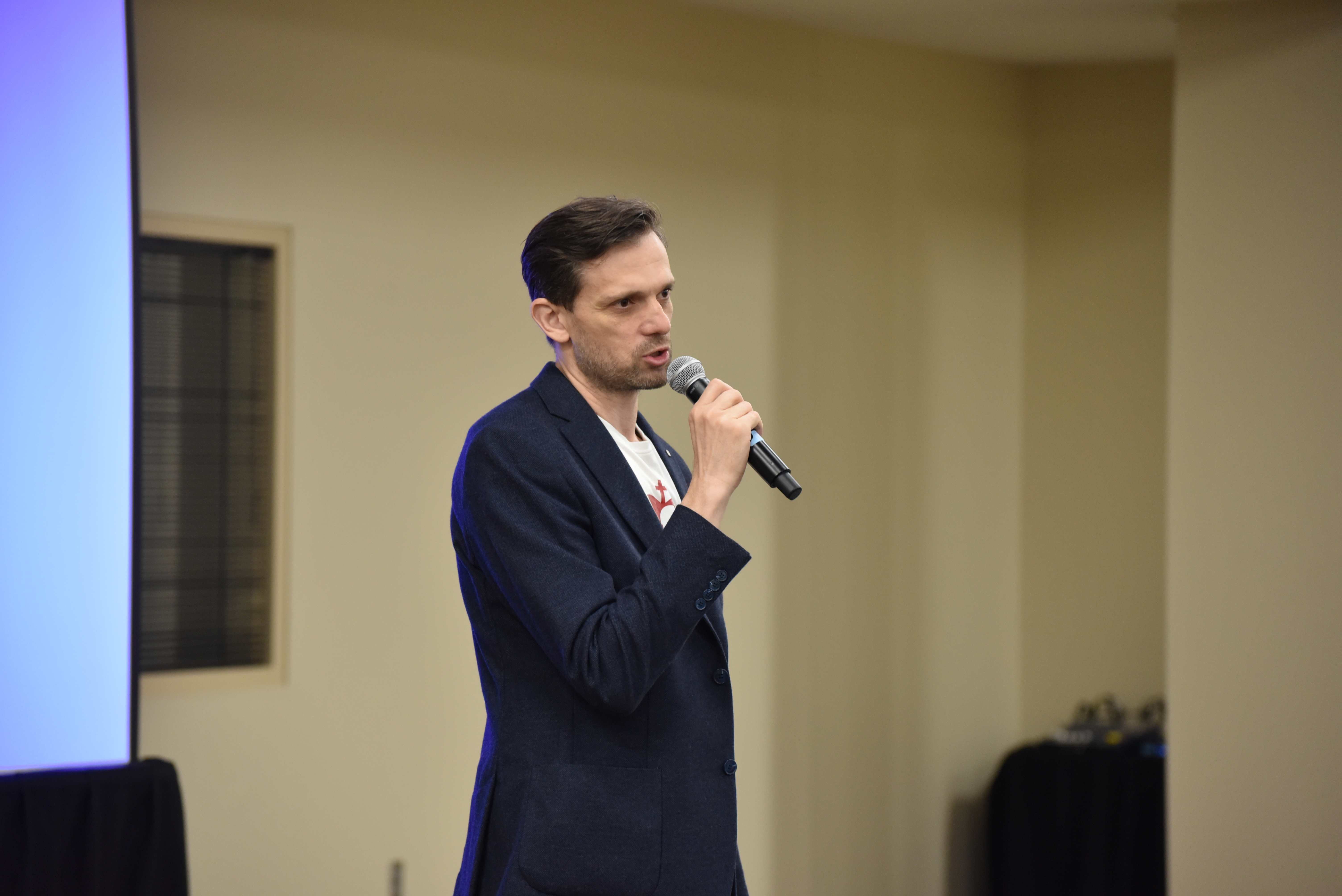
By contrast, Croatia’s Catholic heritage has aided pro-life efforts in that country. Zvonomir Kvesić, of Bethlehem Zagreb, said his organization focuses primarily on housing.
“We have three houses, one of which is a safe house for victims of domestic violence,” he said, adding they also provide other services common to other pregnancy help centers.
Bethlehem also provides “funerals for the babies that died before birth,” he said. “And that's really a big thing in Croatia because it usually happens to young people” who can’t afford a burial plot.
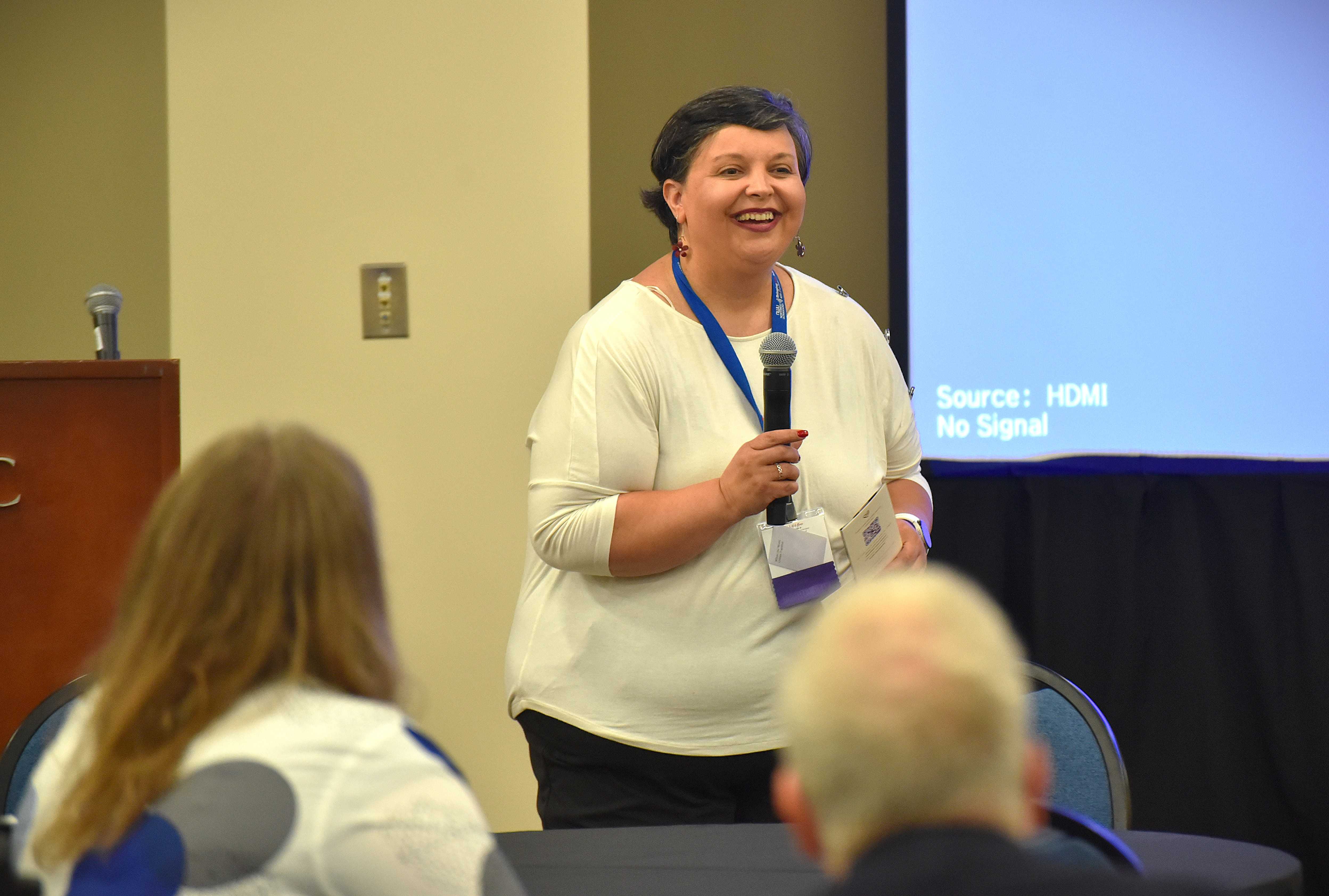
Svetlana Jovanova, who leads the only pregnancy help center in Macedonia, said training efforts are underway by the Balkan Network to grow pro-life ministry in the three Balkan nations lacking any pro-life work: Kosovo, Montenegro, and Bulgaria.
“This year, June 4 -7, we are going to Montenegro,” she said. “For the first time we're going to have a pregnancy help conference for members of our Balkan Network, and also for the Montenegro churches. At the moment there are only seven in the entire country of 600,000 people, where they have over 7,000 abortions per year.”
“It's mostly gender abortion,” she said. “Most of the female babies would be aborted.”
Tweet This: Thirty-eight international pregnancy help workers attended the 54th Heartbeat International Annual Pregnancy Help Conference in Birmingham.
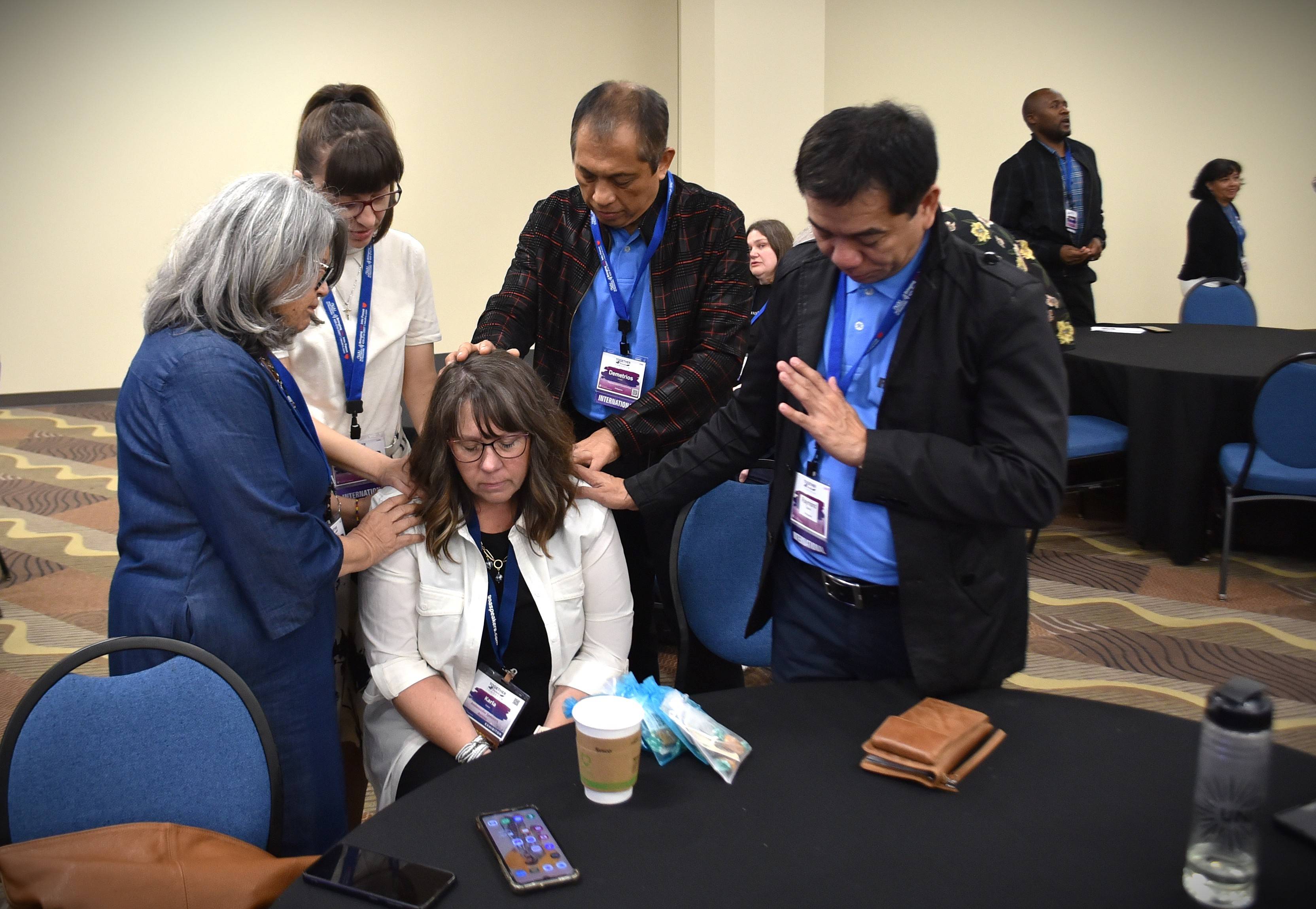
Canadian centers facing possible loss of charitable status
Susan Dobson, director of operations for Pregnancy Care Canada, said, “We have no abortion law. It was struck down in 1988. We have a very active group called the Abortion Rights Coalition who would really like to take away the charitable status of all pregnancy care centers.”
Linda Marek of Pembina Valley Pregnancy Care Centre-Winkler Centre said, “So we're not sure what might happen in the coming weeks, months, or a year, but we know God is establishing his kingdom and he's at work regardless of the status that we hold as an organization.”
“In our area there's a lot of newcomers,” she said. “So, we are grateful that the world is in many ways coming to Canada. We welcome them with open arms and provide care and support. Often different cultures, religions, and so we're trying to provide appropriate care in respectful ways and point them to Jesus through all of those conversations.”
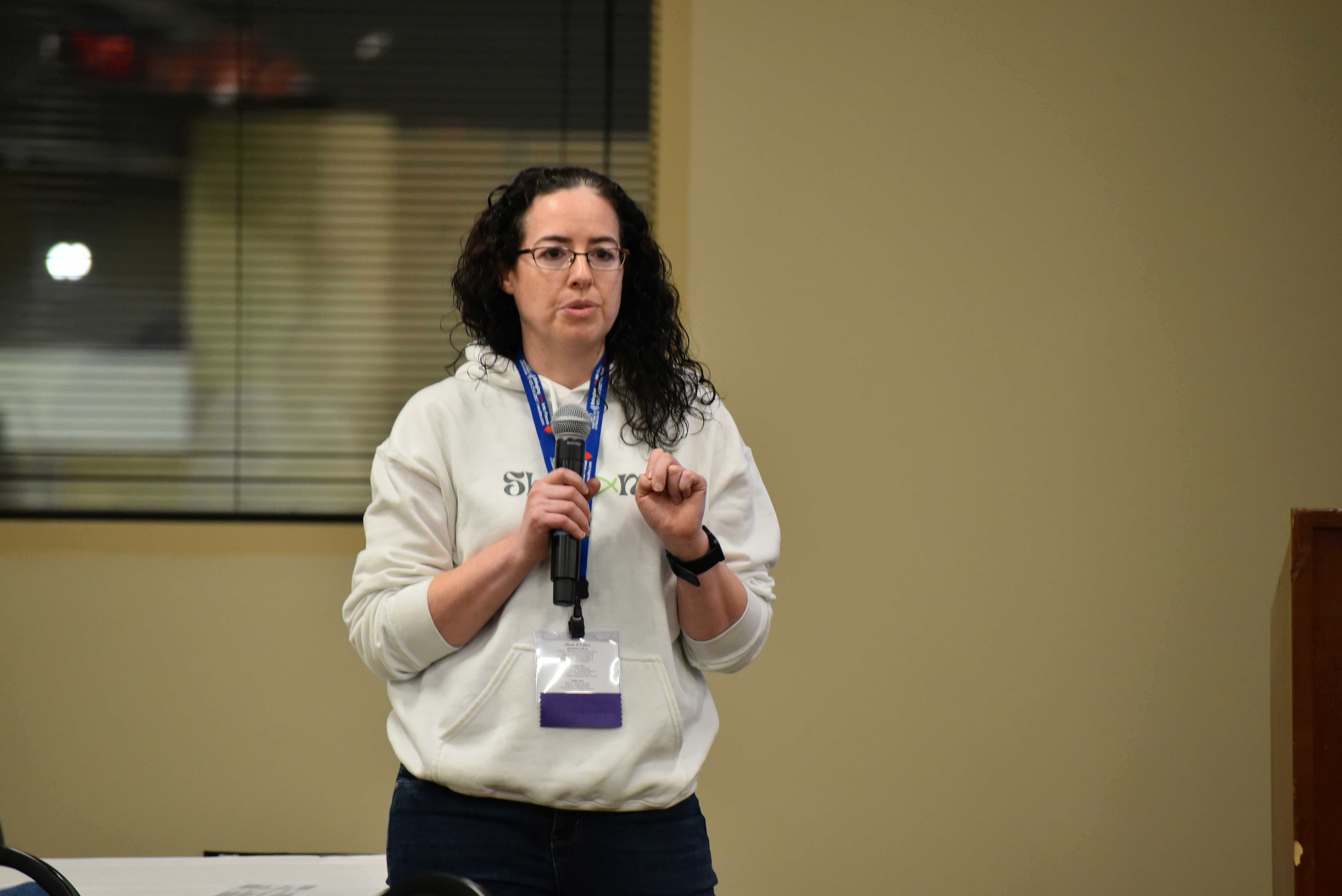
Marie-Eve Vaillant, serving with Options Grossesse, said she faces two additional challenges in her province. First, a local counseling center received funding “to offer free abortion pills to everyone,” she said. “Then we have the challenges of the language barrier, too, because all the materials are in English and all my clients speak French.”
Celebrating milestones, rejoicing in surprises
From Israel to Italy and Central America to Ukraine, Foell told the meet-and-greet crowd, “remarkable” things are happening.
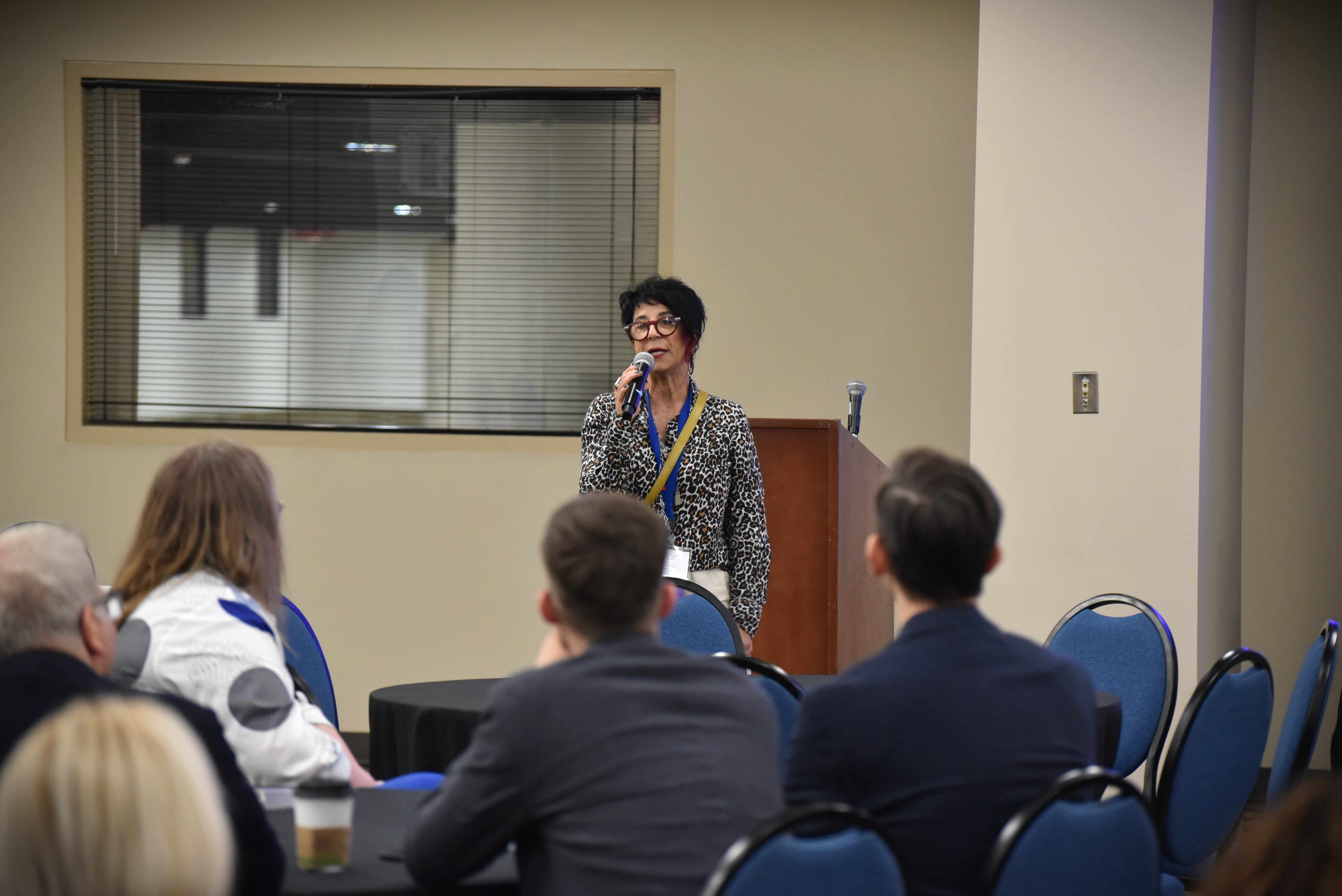
Anat Benner of Chaim Beshefa (Abundant Life) in Israel said her ministry operates both a pregnancy center and a day center for trafficked women, where they can find a safe place to shower, eat, and receive clothes.
She named the day center Red Carpet “because we felt like these women will walk on the red carpet and sit with the King of Kings and eat with him,” she said. “So now my dream is establishing Red Carpet Haifa.”
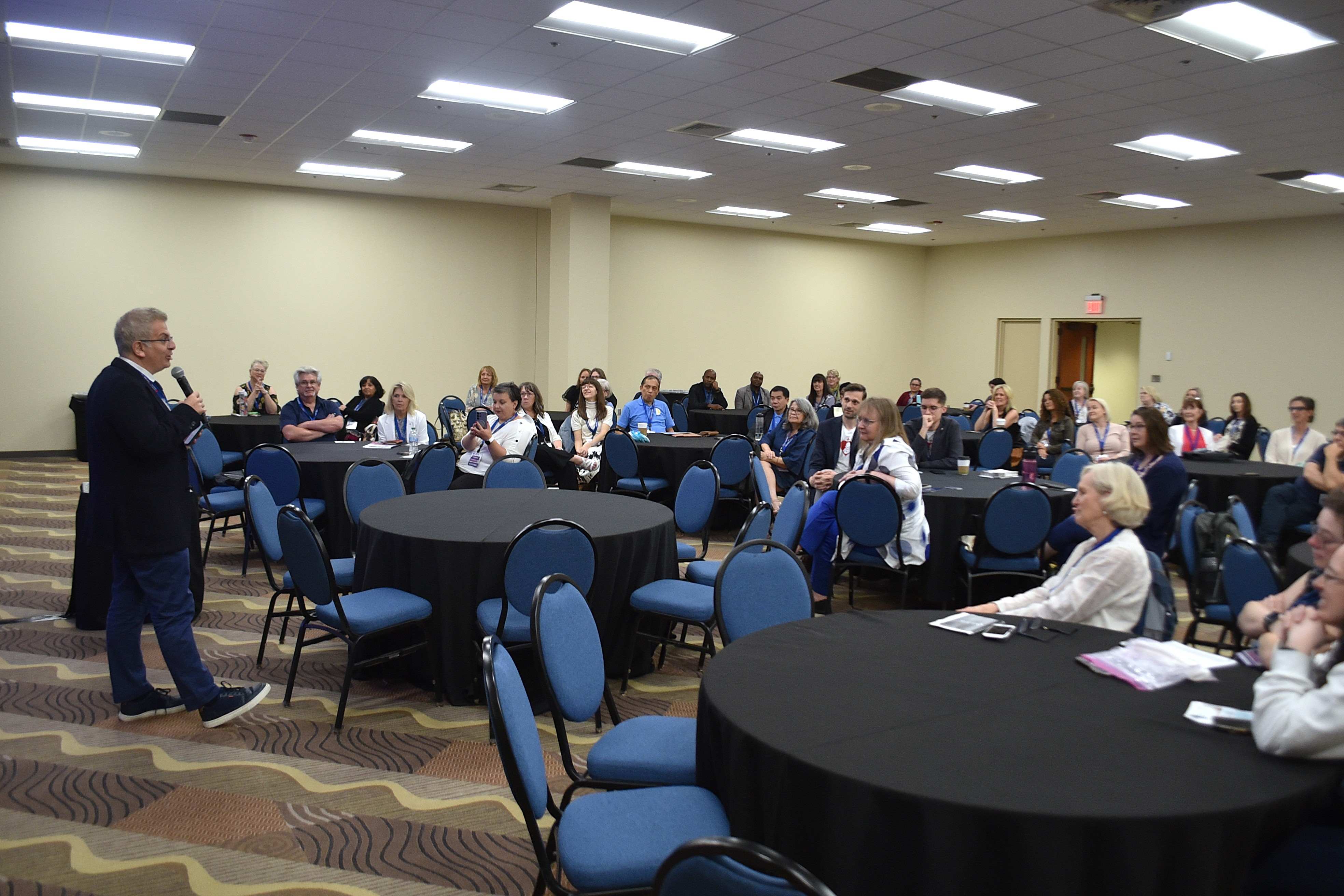
Meanwhile, Italy’s Movimento per la Vita celebrated 50 years of ministry, having served over one million women and rescuing 5,940 babies through a network of 7,000 volunteers serving in 315 pregnancy help centers and 39 maternity homes that annually host about 1050 mothers, according to Dr. Giuseppe Grande.
Grande passed along Pope Francis’ words to the Jubilee of the World of Volunteering on March 8: “’Continue to be committed to women in their capacity for acceptance, generosity, and courage… The pregnancy help center can become the point of reference for all the community. Thank you for the pages of hope and tenderness you have written in the book of history.”
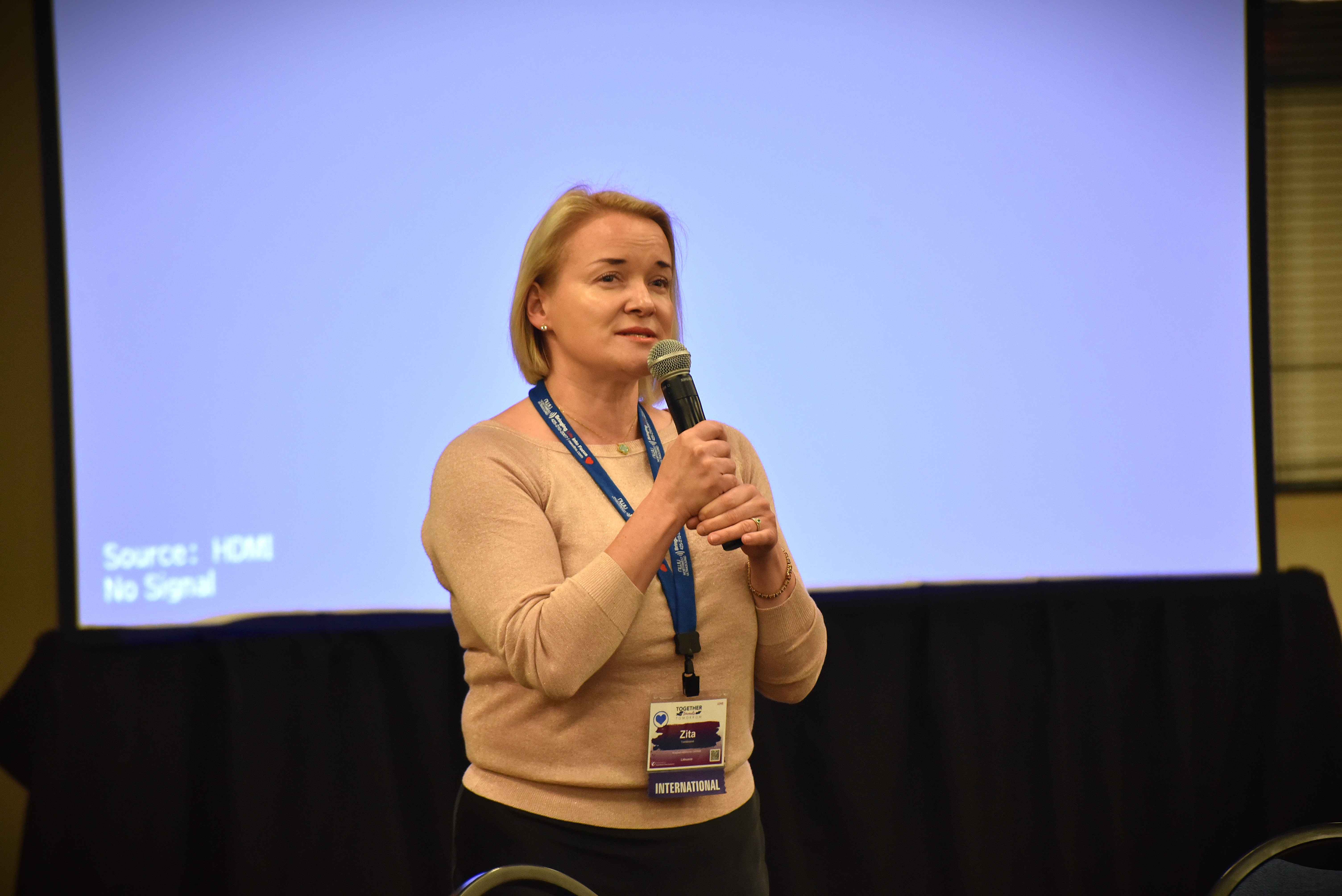
About writing books, Zita Tomilinienė of Krizinio nėštumo centras (Crisis Pregnancy Centre) of Lithuania said, “We just published a book with 44 stories of women and how they went through pregnancies. We are planning to give them away to all the doctors, to the university, so people would be enlightened about what those women go through.”
Those stories help Tomilinienė persist despite the rapid spread of chemical abortion and active opposition to abortion pill reversal.
“As we meet the mothers and the babies who come [back] to the center, we get new inspiration to continue no matter all the negative forces.”
Equally bold workers in Colombia “go to places that no one wants to go because it's dangerous,” said Claudia Lopez from Heartbeat of Colombia. One of her two new centers that opened in Bogota during the pandemic has already rescued 401 babies. The centers also carry their pro-life education into schools to reach young people.
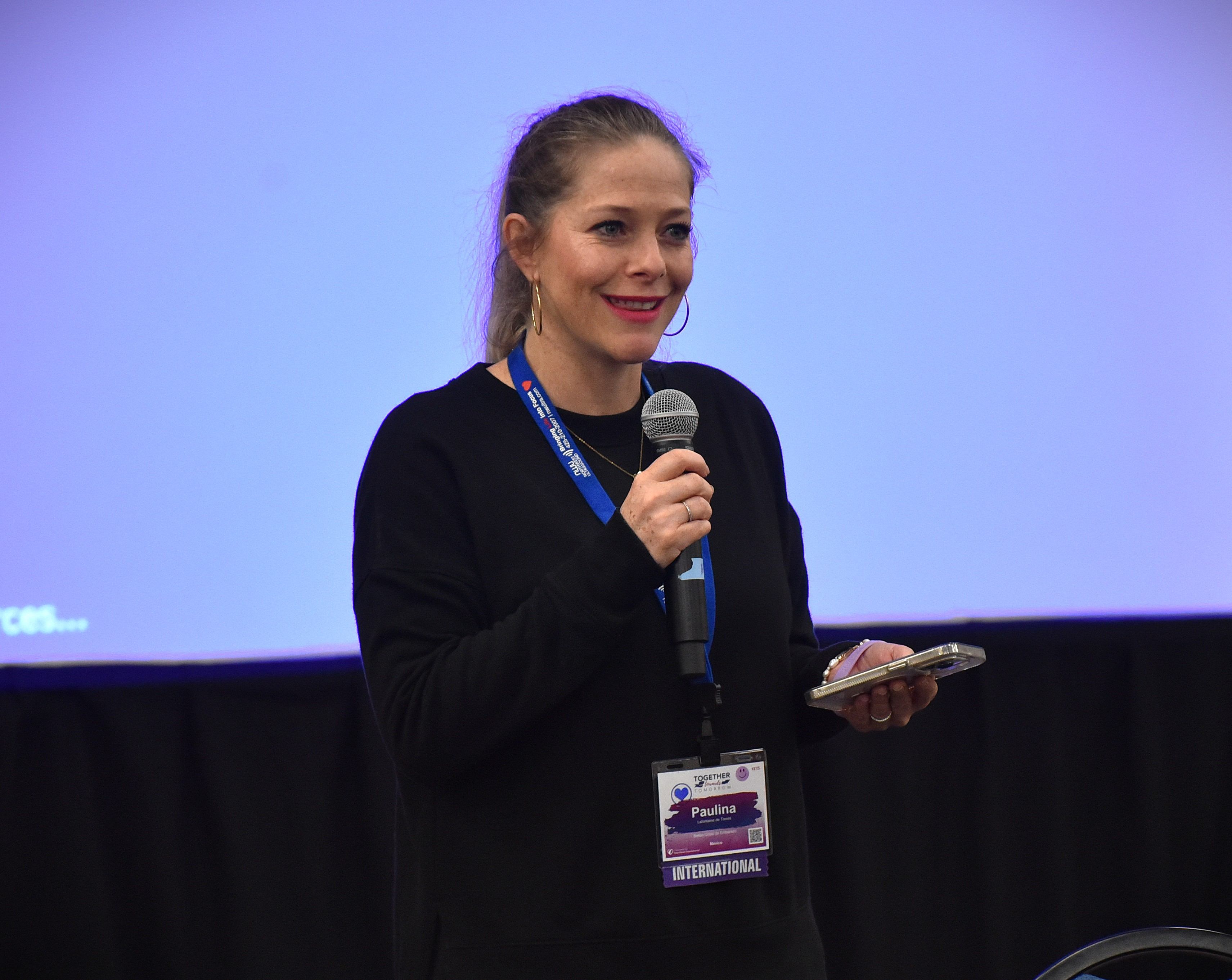
An even newer center is Bellas Centro para Crisis de Embarazo in Mexico.
“A couple of weeks ago we got our authorization to be a nonprofit organization,” representative Paulina Torres said.
The center has already received donations of pregnancy tests and an ultrasound machine.
“Wow, this is amazing,” Torres said. “God is actually taking care of everything. We just have to be obedient to do his work.”
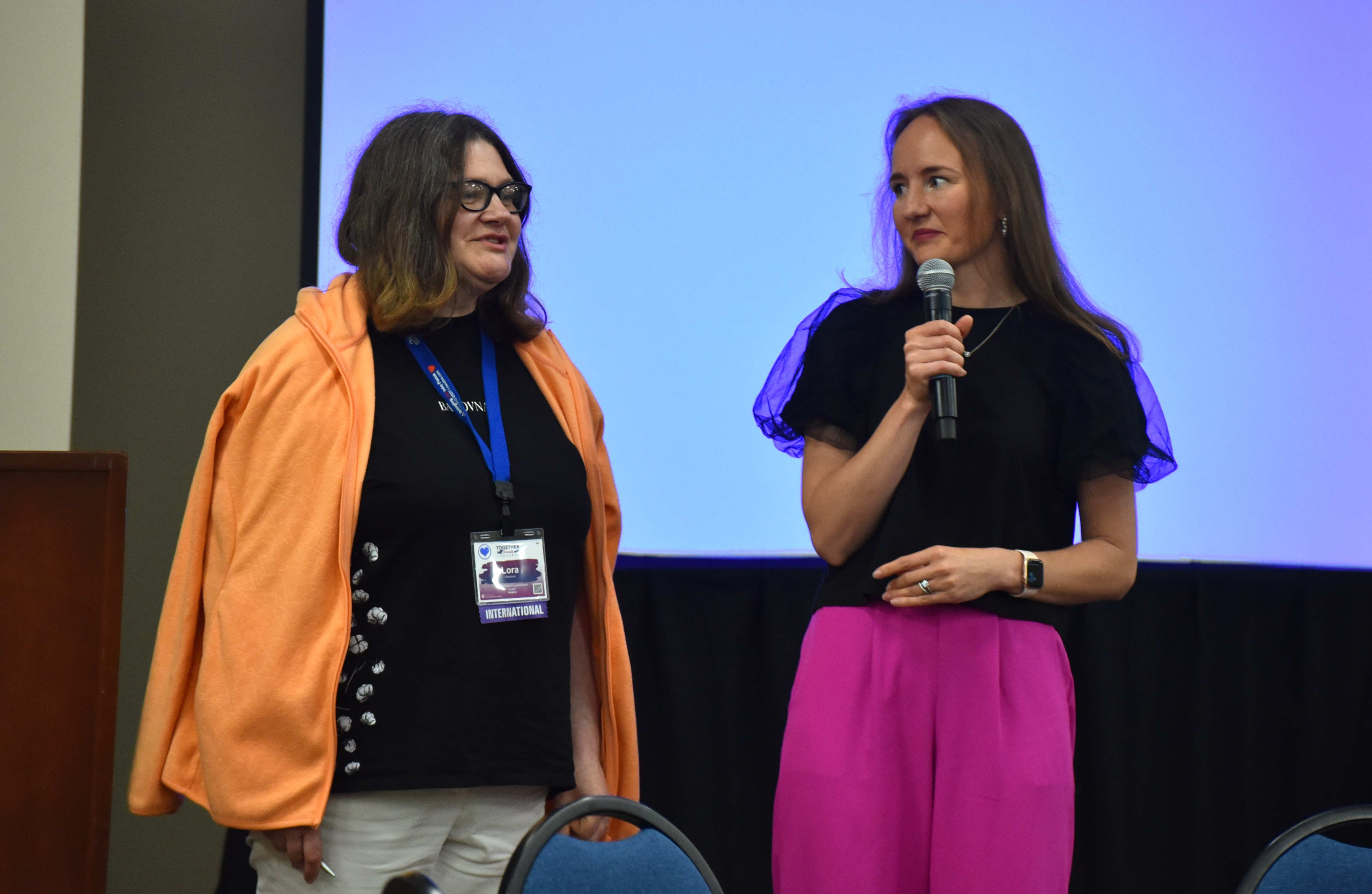
In that same spirit, Lora Musatova of Kharkov Pregnancy Assistance Center in Ukraine said her desire is to serve women even in the midst of war.
“Every day when I leave the center I say goodbye to the center,” she said. “But God gives hope every morning. And I say to God, ‘Here I am, use me.’”
Editor's note: Heartbeat International manages Pregnancy Help News.






